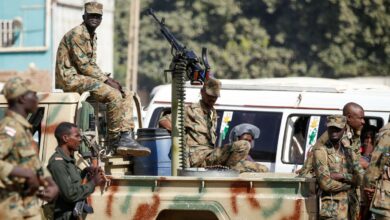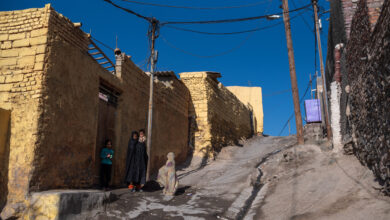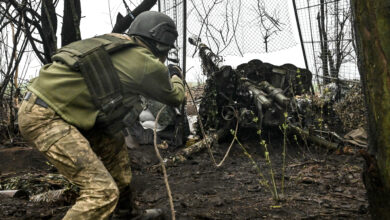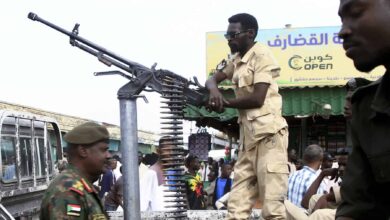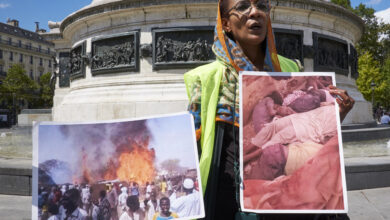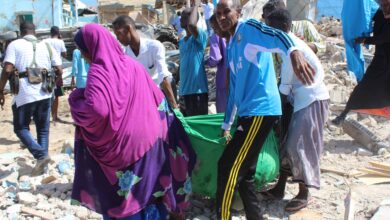Violence increased in Afghanistan after US-Taliban deal, UN says
KABUL, Afghanistan (AFP) – Violence surged in Afghanistan in the weeks after the United States and the Taliban signed a deal supposed to pave the way for a peace process, a United Nations agency said Monday.
Afghans had enjoyed a period of relative calm ahead of the February 29 accord, but the conflict resumed almost as soon as the deal was signed, and the militant group has since rejected multiple calls for a ceasefire during the Islamic holy month of Ramadan.
“The report tracks a disturbing increase in violence during March at a time when it was hoped that the Government of Afghanistan and the Taliban would commence peace negotiations,” the U.N. Assistance Mission in Afghanistan (UNAMA) said in a statement accompanying the release of its quarterly report.
More than 500 civilians were killed and over 700 injured during the first three months of the year, UNAMA said.
While casualty numbers rose in March, UNAMA noted that the overall toll for the first quarter of 2020 was down 29% from a year earlier, thanks to a lull in fighting in January and February – including a week-long partial truce – as U.S. and Taliban negotiators ironed out a withdrawal agreement.
Under the accord, American and other foreign forces have pledged to quit Afghanistan by July 2021 provided the Taliban stick to several security guarantees and hold talks with the government.
However, fighting spiked in March as the Afghan government and Taliban bickered over a number of issues, preventing negotiations between the two from opening.
“To safeguard the lives of countless civilians in Afghanistan and to give the nation hope of a better future, it is imperative that violence is stopped with the establishment of a ceasefire and for peace negotiations to commence,” UNAMA chief Deborah Lyons said.
The Taliban rejected the figures, claiming the report “conceals the daily crimes” committed by the government and U.S. forces.
UNAMA did, however, note that pro-government forces were responsible for more than twice as many child deaths than the insurgents were during the first quarter, mainly due to airstrikes and shelling.
Recent attacks have mostly been limited to rural areas and small towns. Under the framework of U.S.-Taliban deal, the insurgents have agreed not to attack cities.
The release of the U.N. report comes hours after the U.S. special envoy who brokered a deal with the Taliban called for the militants to implement a humanitarian ceasefire while Afghanistan tries to tackle its worsening coronavirus crisis.




